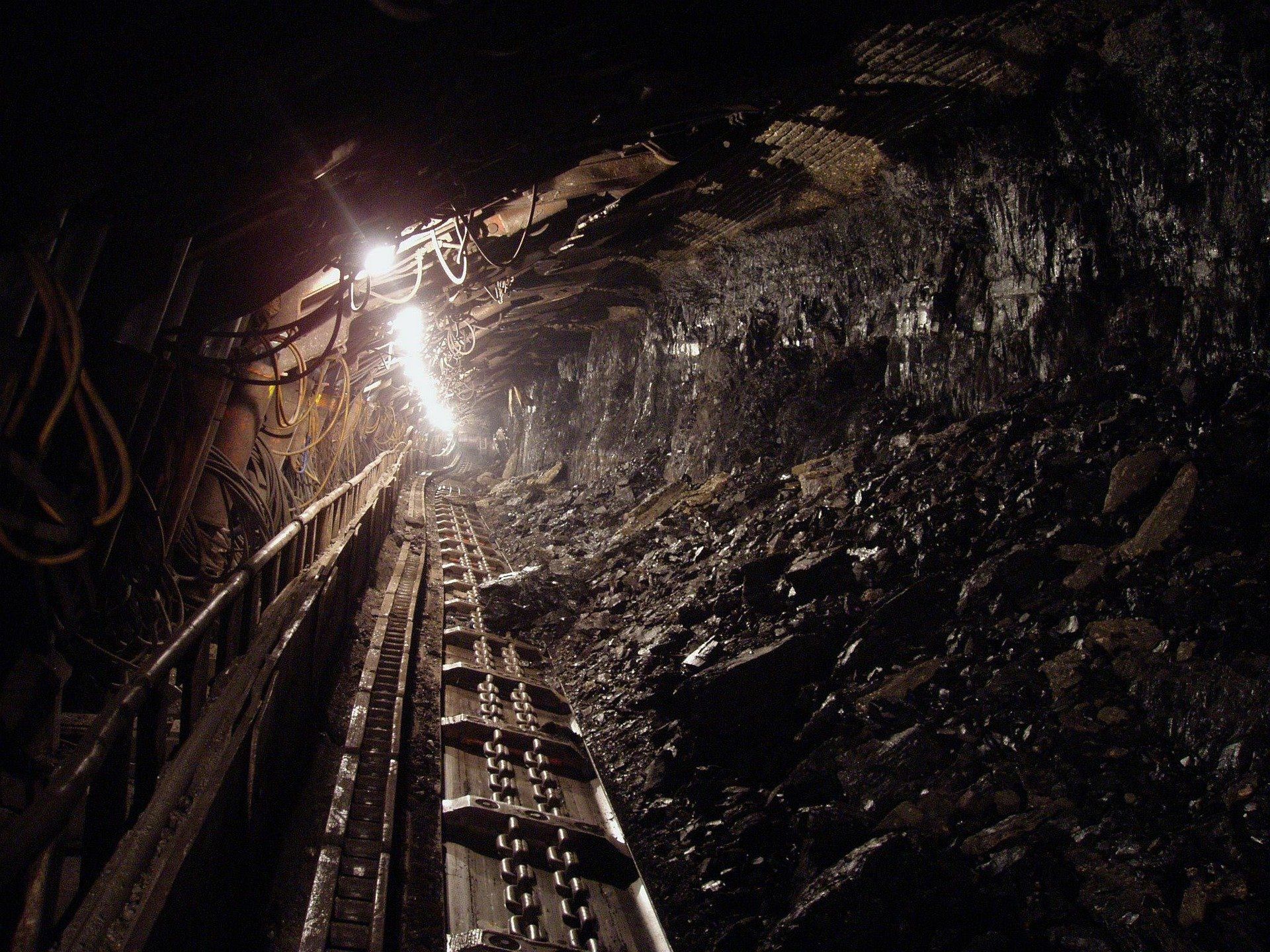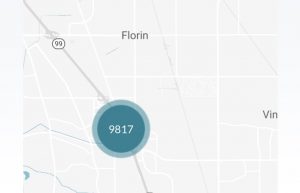A petitioner, in an affidavit, has submitted that the court should issue directions mandating use of natural gas in all industries amid the recent coal shortage, after he filed a public interest litigation before the Gujarat High Court on October 11. He further highlighted the poor air ambient quality in Gujarat which makes a good case for the switch from the polluting fuel of coal.
Advocate Amit Panchal has highlighted the air polluting industries that use coal and lignite the PIL filed by him. He has also stressed upon the need to stick to permissible pollution standards.
“…Given the rising levels of pollution in the state, it is of utmost importance that industries are directed to immediately switch to the use of PNG/LNG.”
“…use of coal in an unsustainable manner has led to an alarming increase in air pollution. Recent reports suggest that the country’s current supply of coal will only last a few days. If adequate supply is not secured immediately, it is likely to lead to widespread blackouts. I say this is a fit case for this Court to issue a mandamus mandating the use of PNG/CNG in all industrial units,” Panchal said in the reply affidavit.
The matter is expected to be taken up for hearing on October 14 by a division bench of the Gujarat HC.
The Gujarat Pollution Control Board (GPCB), submitted through an affidavit dated October 6 that not only GPCB “but even the state and central governments are worried about air pollution caused by the industries”, and “a long-term measure has been adopted” to find a permanent solution.
The reply affidavit filed by Shivani Bhargava, deputy environment engineer at GPCB, stated, “While the Central Pollution Control Board has declared Vadodara, Ankleshwar, Vapi, Surat, Rajkot and Vatva as “critically polluted”, the CPCB has also declared Ahmedabad, Surat, Vadodara and Rajkot on the list of 102 “non–attainment cities”, or cities that do not meet with the acceptable levels of National Ambient Air Quality Standards as prescribed under the Air Act, across the country.”
A plan restricting vehicles older than 15 years from plying, enforcing “strict measures over industries”, installation of air pollution devices and “adoption of cleaner technology in brick kilns”, has been prepared and approved for implementation in the four cities, has been taken into effect according to the GPCB.







